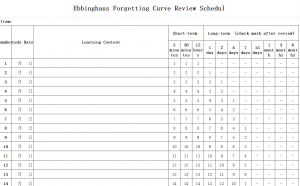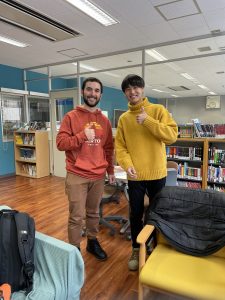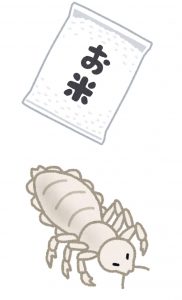Words are the foundation of learning any language. If you want to build a fortress of English, words are the bricks. So, learning English is, in simple terms, a matter of how to input words and how to output the words you input. To remember words, I use more Ebbinghaus’s Forgetting Curve. In fact, the most important thing to remember is to constantly associate and constantly review. The more associations you make, the more you can remember. The more you review, the more you can remember. And Ebbinghaus’s Forgetting Curve is a good solution to this problem. It allows you to learn in a linear as well as in time, …
February 2023 archive
Feb 06
EL Competition 2022: My Best Friend From Italy, TAKAHASHI Koga
I will introduce my best friend who came from Italy. His name is Alessandro. I call him Ales. As I found out later, “Ales” means “wing” in Latin. As his name suggests, he is a cool and kind man. And I like his smile very much. However sadly, he is leaving Hirosaki in February. That is why I decided to try to write about him. One day, I asked Ales what bring him learning Japanese. He told me about his background. He originally studied biology at his university. But he found it difficult and went to US for three months to study English. And then, he worked as a waiter …
Feb 06
EL Competition 2022: English and Going a Little Further, Oba Galvao Marina
Even as a non-native speaker, the English Language was always there, present for as long as I can remember. Not exactly there for me, yet not always a barrier. Sometimes, English was just… there, be it in the songs my mom listened to on the radio, or in the names of companies or stores, or even in the opening songs of my cartoons and children’s shows. So, when I started to pick up on the language, not only was I able to bridge the gap between me and the content I wanted to consume in English, but I also started to see lots of things –daily-life details, that I had …
Feb 06
EL Competition 2022: LR problem, by NAKAMURA Genki
When learning English, you may come across pronunciations that are difficult for Japanese people. If our understanding of them is vague, we often face communication problems and gaps. Speaking of pronunciation problems, the biggest one is the difference in pronunciation between “l” and “r”. Distinguishing between these two sounds is a very difficult task for Japanese people who do not usually use their tongue to pronounce words. In Japanese junior high school English classes, we are often taught to pronounce “l” with the tip of the tongue touching the base of the front teeth and “r” with the tip of the tongue does not touch the mouth. It’s easy to …
Feb 06
EL Competition 2022: Take It Easy, by HORIKOSHI Anna and ONO Aika
“Take it easy,” the bus driver briskly said to me, who had overslept until I found myself being at the last bus stop and was completely alone in the cold dark. He drove me home without any signs of reluctance, even though it was not his duty to do so. This memory is just a small part of my precious memories in New Zealand. My friends and I stayed there for two weeks to study English at AUT, enjoyed shopping after school and appreciated Māori cultures on a short trip to Rotorua. (See attached video to see how it looks.) Every time a sudden happening occurred, the “Kiwis”, the New …






